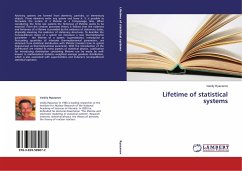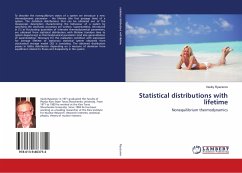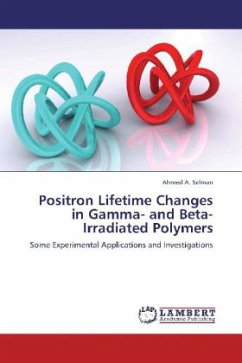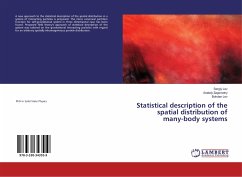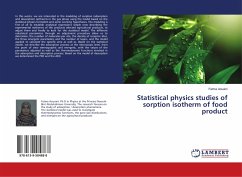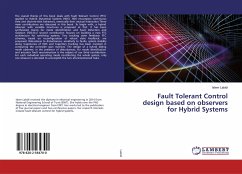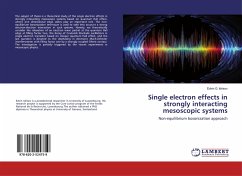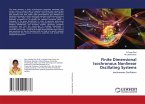Arbitrary systems are formed from elements, particles, or elementary objects. These elements enter any system and leave it. It is possible to formulate the notion of a lifetime or a first-passage time. When considering the finite size systems the finiteness of lifetime seems to be essential. From the random processes theory it follows that the existence and finiteness of a lifetime is provided by the existence of stationary states, physically meaning the existence of stationary structures. To describe the nonequilibrium states of a system we introduce a new thermodynamic parameter - the lifetime of a system. Superstatistics, introduced as fluctuating quantities of intensive thermodynamical parameters, are obtained from statistical distribution with lifetime (random time to system degeneracy) as thermodynamical parameter. With the introduction of the distribution are related to many aspects of statistical physics. Justification for introducing distribution containing lifetime can be made by well-known in mathematical statistics weighted average geodesic distribution, which is also associated with superstatistics and Zubarev's nonequilibrium statistical operator.
Bitte wählen Sie Ihr Anliegen aus.
Rechnungen
Retourenschein anfordern
Bestellstatus
Storno

